In today’s business world, it’s no secret that the role of IT has expanded. I’m not just talking about the growth of a department, but a total change in how much businesses rely on IT. Many would argue that IT has become the business, and from my perspective as Head of Partnerships at Cloudforce, I would agree. With the digital transformation we’ve seen over the last 10 years, that isn’t likely to change anytime soon.
The need for cloud services is at an all-time high and is projected to double yearly over the next couple of years. Looking back to 2018, cloud services spend was around $200 billion. In 2022, it is anticipated to reach over $500 billion, and in 2025, analysts predict cloud services spending to eclipse $1.3 trillion.¹
With that level of demand for cloud services, one might ask how cloud services can be scaled to meet it. One way is through marketplaces, such as Microsoft Marketplace. Microsoft Marketplace is home to over 15,000 sellers and over 90,000 partners. Technology sellers and partners have been working hard to expand their offerings and make them readily available for the one billion customers shopping for these services. Why wouldn’t you want your products or services in the marketplace, especially when there are over 15,000 sellers that could be selling your product or service on your behalf? That’s a large salesforce that you don’t have to pay for!
It is anticipated that in three years, nearly 80% of all cloud services sales transactions will be through digital channels,² such as Microsoft Marketplace. This shift is going to reduce the number of person-to-person interactions we’ve become accustomed to over the years, so companies that are relying on traditional sales methods are going to be left behind. Heck, even Microsoft is getting into the rewards game, just like grocery stores and department stores. Microsoft rolled out Marketplace Rewards to incentivize its customers to purchase services through Marketplace in exchange for Azure consumption credits. Another way Microsoft is making this vehicle more attractive to vendors is by dropping agency fees considerably. The industry standard agency fee was nearly 20%, but Microsoft lowered their fee to only 3%, knowing that the shift to digital transactions was coming and swiftly/instantly made themselves much more attractive to prospective vendors looking for a home for their products and services.
 Over the years, IT buying and selling has traditionally been done though referrals and personal relationships. IT buyers buy from people they’ve worked with and trust. This new way of digital transactions couldn’t be further from that relationship-selling model and stands to be tested. Will it last, only time will tell. One thing is for sure, if you’ve got products or services and aren’t in one or more of the various marketplaces, you could very well miss out on a lot of good opportunities coming down the road and be left behind.
Over the years, IT buying and selling has traditionally been done though referrals and personal relationships. IT buyers buy from people they’ve worked with and trust. This new way of digital transactions couldn’t be further from that relationship-selling model and stands to be tested. Will it last, only time will tell. One thing is for sure, if you’ve got products or services and aren’t in one or more of the various marketplaces, you could very well miss out on a lot of good opportunities coming down the road and be left behind.
Cloudforce has seen firsthand the value of having offers in the Azure Marketplace. We recently won a cloud migration project with a large retailer who took advantage of our free assessment offer. You can find Cloudforce’s Azure Migration offer on the Microsoft Marketplace by visiting Microsoft Marketplace – Cloudforce. We’ll be adding additional services and offers to the marketplace soon. Be sure to check them out.
To learn more about Cloudforce, please visit our newly updated website: http://gocloudforce.com.
¹IDC Forecasts Worldwide “Whole Cloud” Spending to Reach $1.3 Trillion by 2025
²State of the Cloud 2022 · Bessemer Venture Partners (bvp.com)





































